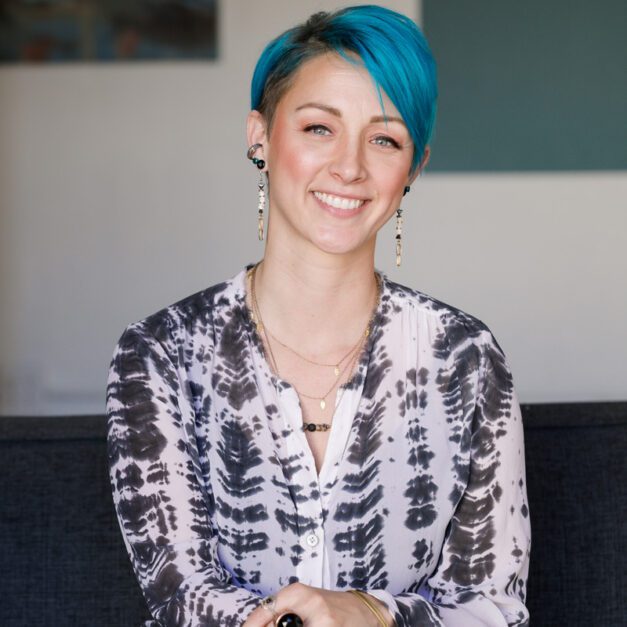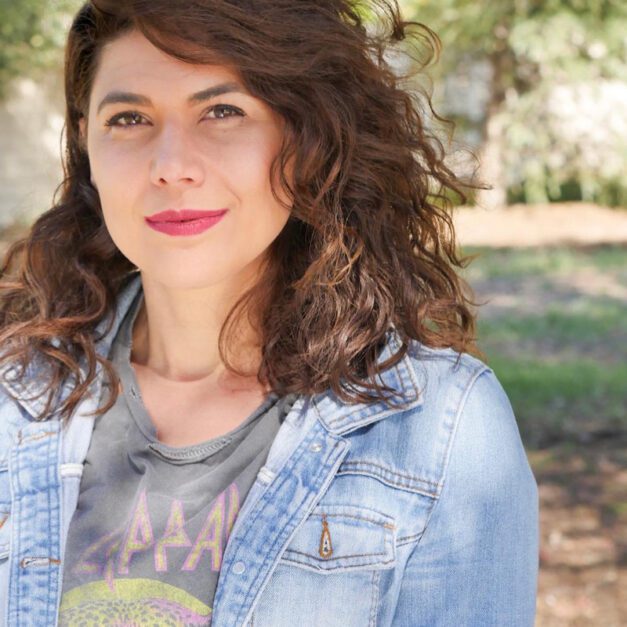As we near the one-year mark of the COVID-19 pandemic, we have experienced a range of emotions, and one of these is grief. We are grieving the loss of normalcy, perhaps the loss of loved ones, and the uncertainty of what is to come. In this article, grief expert David Kessler discusses how to cope with grief during this time, the 5 familiar stages of grief, and (spoiler alert!) even adds a sixth stage to the mix.
It can be hard to believe that it has almost been one year since our world changed drastically due to the COVID-19 pandemic. The loss of life (around 2 million deaths worldwide), the financial toll, and uncertainty surrounding the virus have coalesced to make this one of the most difficult years in recent history. We have experienced a range of emotions over the course of the year, and we have discussed on this blog how important it is to recognize our emotions and get help when necessary. Whether you are struggling with depressive symptoms in the postpartum period (read more) or feeling the deep pain related to climate change and recent natural disasters (read more), recognizing the emotions we are experiencing is critical for our mental health.
In this article from the Harvard Business Review, we take a step back and put a name to an emotion we may not have realized we are experiencing: grief. David Kessler, a grief specialist, sheds light on the many reasons we are grieving during this time and how to cope. Kessler, touted as the “world’s foremost expert on grief,” worked with the famed Elizabeth Kubler Ross (known for giving us the “5 Stages of Grief”) and has published several books on the topic of grief. Kessler himself is open about his own experience with grief. He talks about witnessing a mass shooting the same year he lost his mother. Then, years later his grief found new depths as he experienced the loss of his 21-year-old son to an accidental drug overdose. In this interview he sheds light on the different kinds of grief we may be feeling and some pointers on how to cope.
- There are different kinds of grief that we may be experiencing and it’s important to take note of that. Kessler talks about the grief we feel surrounding the loss of personal normalcy (not being able to meet a friend at a restaurant, not being able to hug loved ones). But he also describes a kind of collective loss (reminiscent of the 9/11 experience) that we are experiencing as well. We know that our world is going to be different in some ways going forward and we are all feeling this together. Lastly, he describes “anticipatory grief” for the things that we fear are to come, and how unhealthy anticipatory grief can become pathologic anxiety.
- How can we cope with all this grief? Kessler harkens back to the “5 Stages” here: denial, anger, bargaining, sadness, and acceptance. He reminds us that we may not necessarily progress through each stage in the same fashion. Some of us may spend more time in the “anger” phase vs the “bargaining” phase and this is totally ok. He even adds a sixth stage of “meaning,” when one is able to grasp the deeper message from a tough time.
- He then urges people to do their best to focus on the things they can control (“I can’t control my neighbor, but I can control that I stay a safe distance apart and wash my hands”) and to “stock up on compassion.” He reminds us that people process grief differently and we must do our best to give people grace during this time. If we remind ourselves that people are doing the best they can, it gives us more peace when someone lashes out at us or is behaving differently than we are used to.
- If this all feels too overwhelming, keep trying to manage the grief and don’t give up! Kessler ends the interview by reminding us not to give up on ourselves during the grieving process. Thoughts like “I know others have it worse, I shouldn’t feel this way” are not only unhelpful but they stagnate the process of moving through the grief stages. Name your emotions and why you are feeling what you are feeling as best you can. Our jobs are to work through this process in the most healthy way possible.
If you are struggling through the grieving process or feel like your anticipatory grief has turned into unmanageable anxiety, we at CalPsychitary are here for you. We have physicians who specialize in grief work and can help you progress through your grief stages in a healthy way. Whether it be medication management, talk therapy, mindfulness exercises, we can tailor a plan that works best for you. Schedule a free consultation today.





